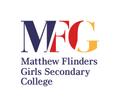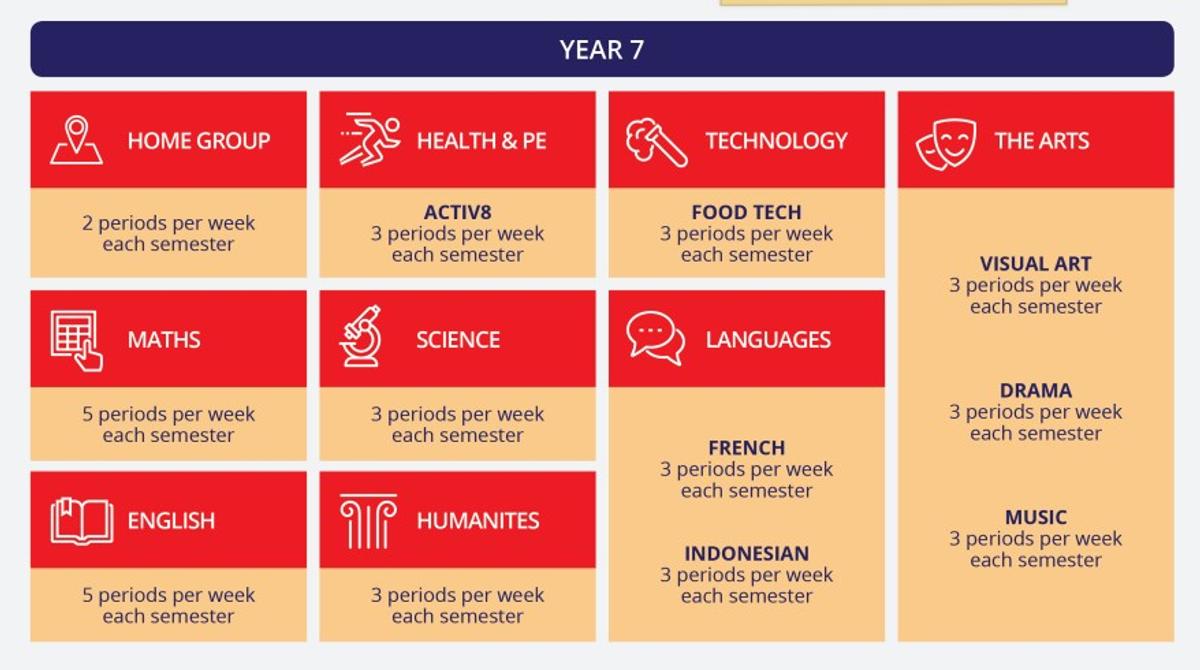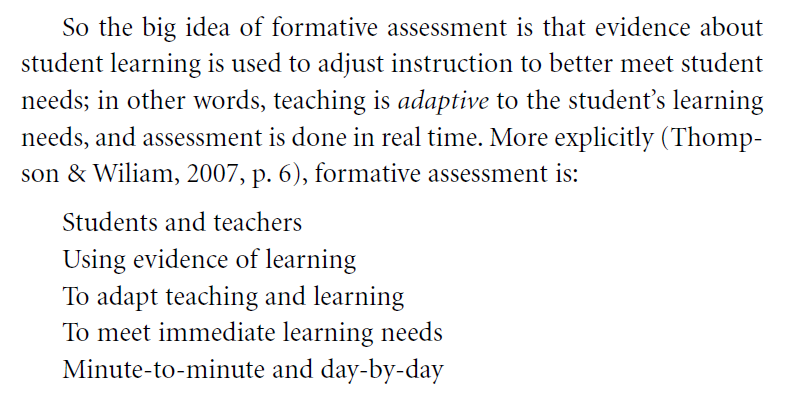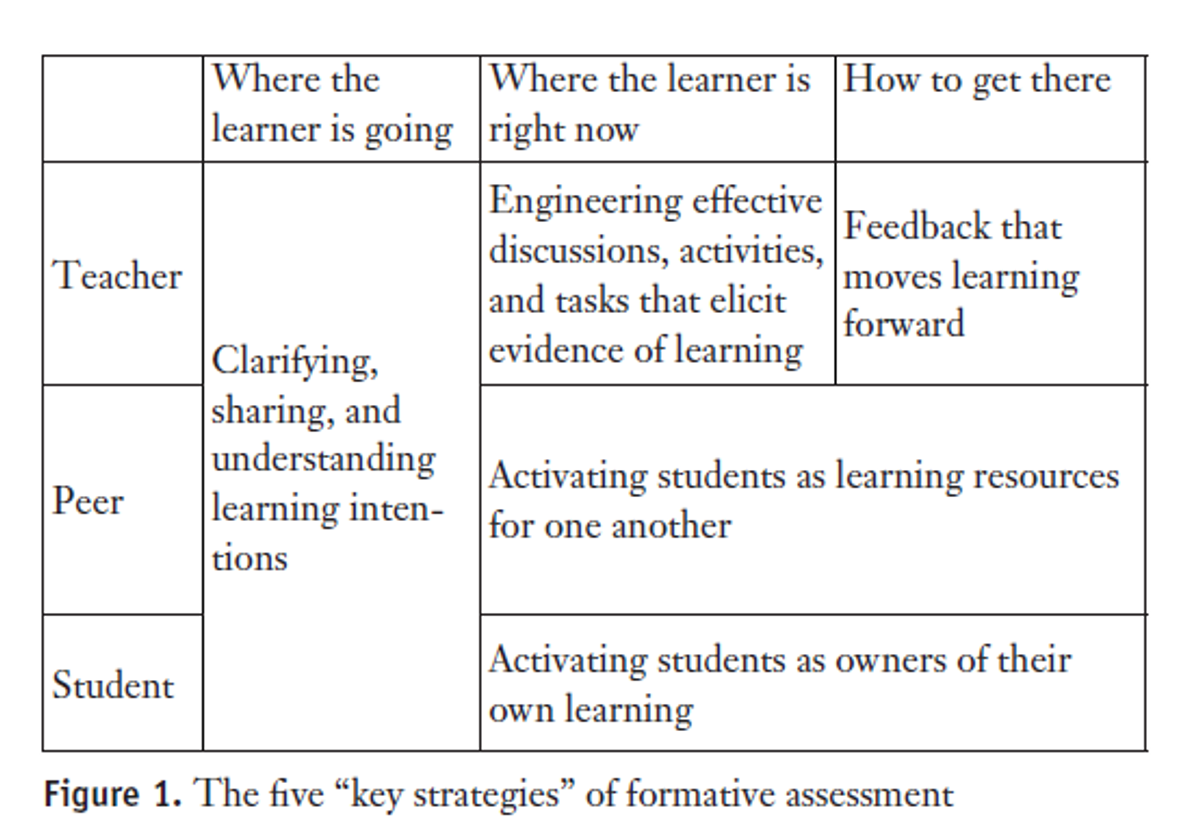Teaching and Learning
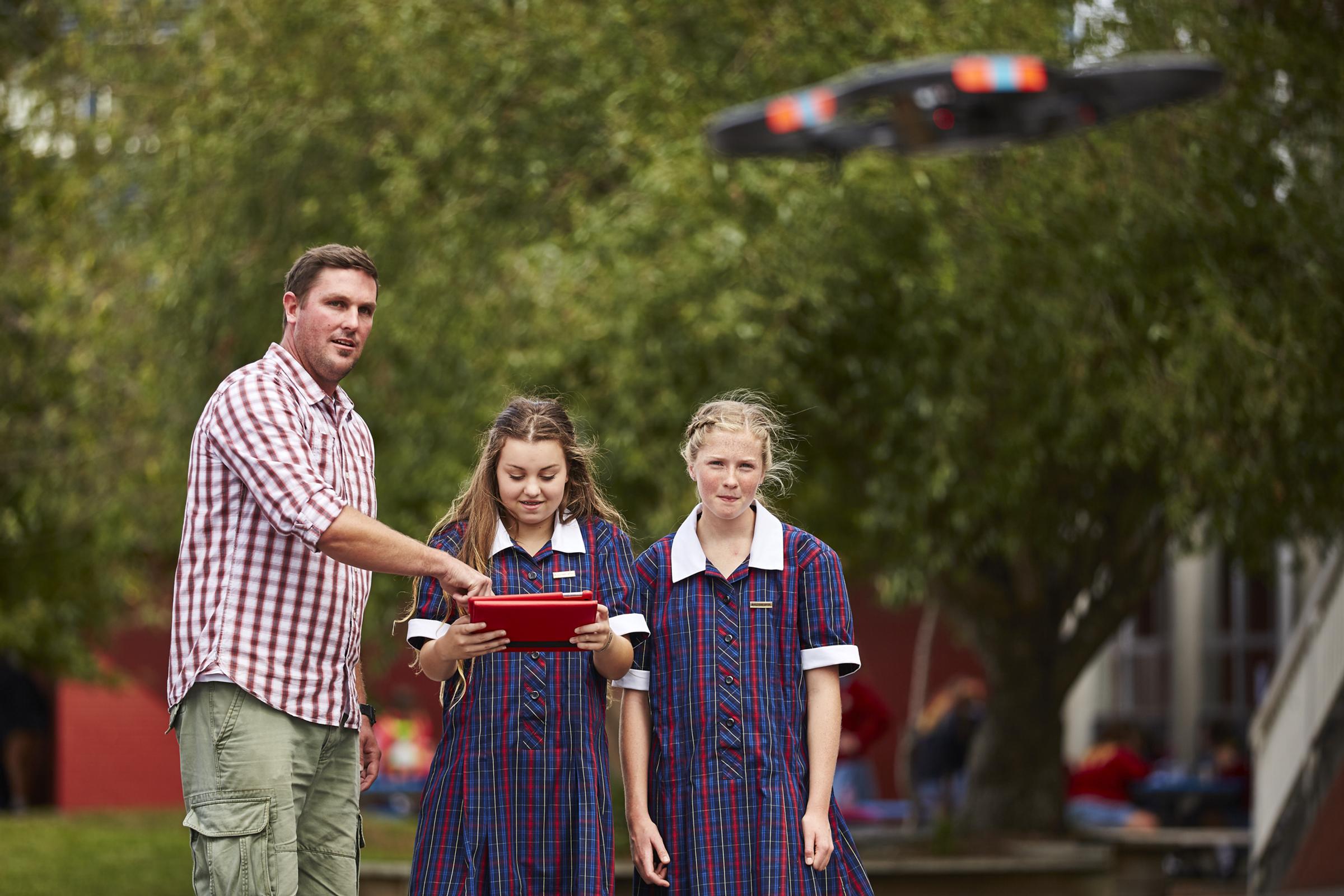
Making your children’s thinking ‘visible’: A few tips for Parents and Carers
1. Develop a growth mindset.
A belief that intelligence and the ability to grow and develop over time - as opposed to something that is fixed and set - encourages greater risk taking, collaboration, enjoyment of challenge, long-term development, and continuous achievement in all types of learning endeavours (Carol Dweck, 2006). Develop a growth mindset in your child by focusing your praise on process, learning, and effort (You really worked hard on this and have learned a lot. You did a great job of developing a plan and following it through. You’ve really developed as a musician.), as opposed to ability (You’re so clever. Look how smart you are; you did that so fast. You’ve got a lot of talent).
You can support this change in mindset through the language we use. Here are some possible options to replace the fixed mindset:
Instead of…
Try thinking…
It’s good enough
Is this really my best work?
This is too hard
This may take some time…
I don’t understand this yet
I made a mistake
Mistakes help me learn
I just can’t do this
I am going to train my brain
2. What questions did you ask today?
Our questions drive us as learners. When Isidor I.Rabi won the Nobel Prize in physics, he was asked, ''Why did you become a scientist, rather than a doctor or lawyer or businessman, like the other immigrant kids in your neighborhood?'' He replied, ''My mother made me a scientist without ever intending it. Every other Jewish mother in Brooklyn would ask her child after school: 'So? Did you learn anything today?' But not my mother. She always asked me a different question. 'Izzy,' she would say, 'did you ask a good question today?' That difference - asking good questions - made me become a scientist!'' © Ron Ritchhart, 2012
When your daughter gets home from school, ask her ‘What good questions did you ask today?’
I share this article with new parents every year. It’s a very interesting read about that got me thinking about the other kinds of questions parents and carers can ask their children each day after school…
MFG Curriculum
We have redesigned our Curriculum maps which will appear on the new website. Many thanks to Paula Hurley (a parent of a new Year 7 students) for all of her work and thinking relating to the redesign of our subject offerings. I have included just the Year 7 one in this newsletter.
Teacher Learning Communities - Formative Assessment
This year all of our teachers will be participating in a ‘Teacher Learning Community’ (TLC). This is to enhance our collective focus on student learning and enhance our teacher collaboration. Each TLC group will focus on Formative Assessment, which is best defined below:
Our teachers will be zooming in on the strategies below and the specific techniques related to formative assessment – one of the strongest influences on improving and enhancing student learning and engagement. Our teachers’ focus is best represented by this diagram:
Our work in this area stems from the research and work of Dylan Wiliam, an international authority on assessment and teaching. Each of our teachers received a copy of one of Wiliam’s books and are using this to guide their own individual focus and learning.
I particularly like this quotation from Wiliam, which I discussed with my VCE English class this week to develop a culture in my classroom where mistakes are embraced and not feared:
Ultimately, we would want students to resent work that does not challenge them, because they would understand that easy work doesn’t help them improve. In the best classrooms, students would not mind making mistakes, because mistakes are evidence that the work they are doing is hard enough to make them smarter.
I look forward to sharing our progress with you and the difference that it’s making to our students’ learning.
Victorian Virtual Learning Network (VVLN) 2018
The 2018 Victorian Virtual Learning Network community is made up of 8 subject teachers;11 different VCE units; 46 schools around Victoria; 190 students studying at least one VCE subject with the VVLN.
We have had a number of our students studying through the VVLN since 2015. This community enables our students to study some subjects online, with a dedicated teacher who they communicate with through Skype, that we do not offer at MFG or where class sizes are too small to enable a class to run or where there are significant clashes on a student’s timetable.
Our involvement with the Victorian Virtual Learning Network continues into 2018 with a group of our students studying VCE Units through the VVLN including Units 1-4 Physics, Units 1-4 Specialist Maths and Units 1-4 Maths Methods.
Mr Damien Toussaint, Assistant Principal
